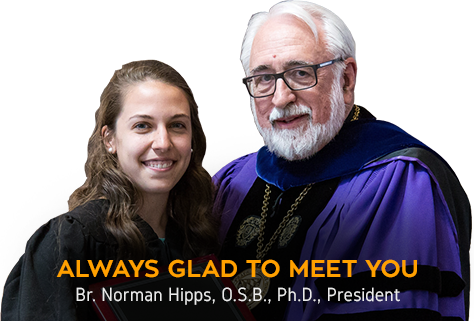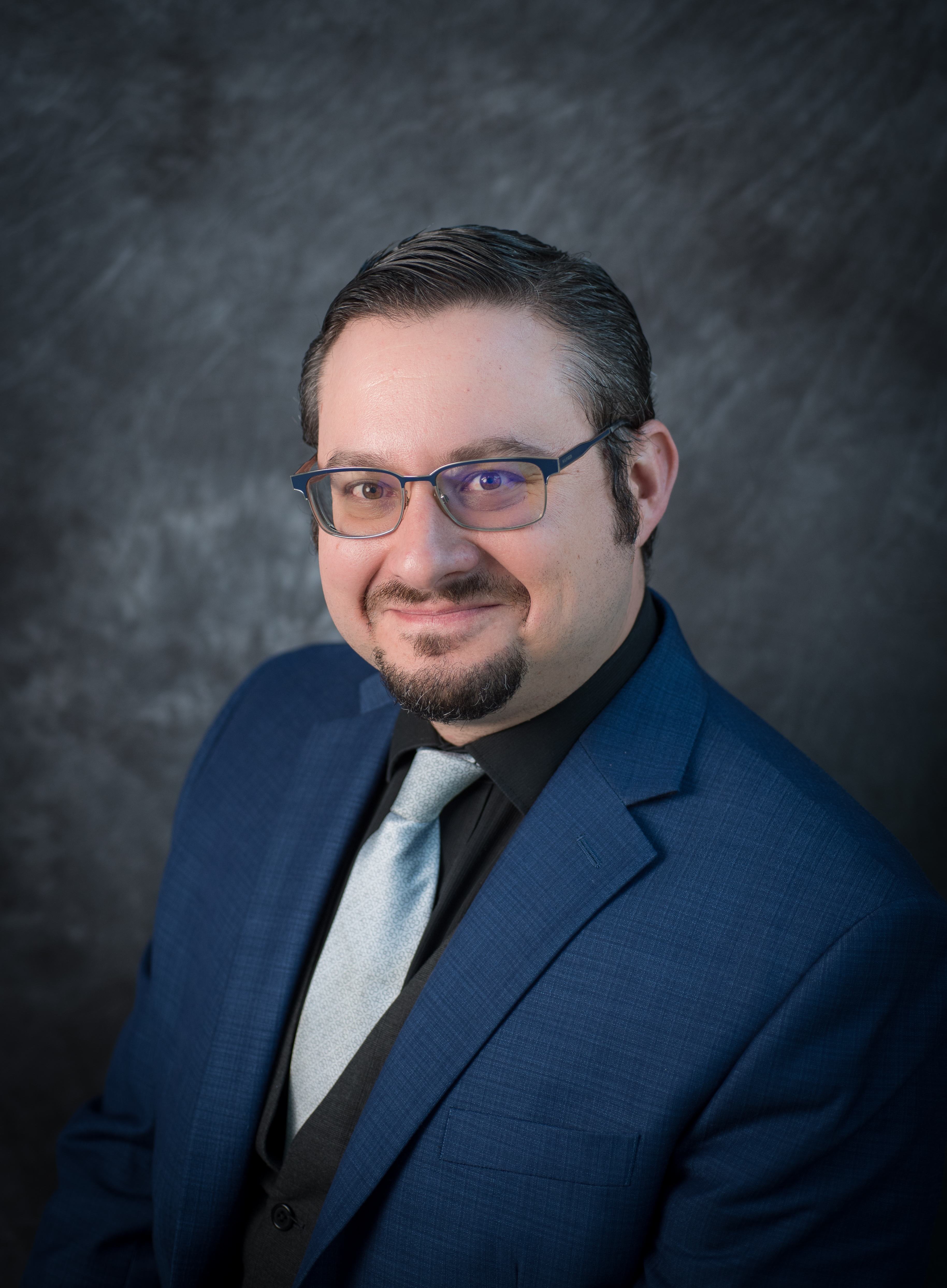So many great movies are coming out this summer! As a big Star Wars and Marvel fan, I’m (of course) excited for the new Han Solo and Avengers movies. But I’m perhaps even more excited about the new Jurassic World movie. I loved the last film that came out a few years ago and am a fan of the entire Jurassic series.
When I think about why I love the Jurassic movies so much, there is one reason (aside from the dinosaurs!) that stands out. Like most movies I see, I notice a lot of organizational behavior concepts in this series.

Jurassic Park and Jurassic World are businesses – for-profit amusement parks, specifically – but, they are run unethically. They provide entertainment for visitors, but their product (i.e. the opportunity for guests to see live dinosaurs) puts visitors in a lot of danger. In resurrecting extinct species, park management does not consider the implications that thrusting these caged engineered dinosaurs into an unfamiliar context might have.
At one point in the original Jurassic Park film, the character Ian Malcolm (portrayed by Jeff Goldblum) states that, just because the technology is available to provide a product, doesn’t mean that an organization should offer it. To me this is a crucial point that the series makes.
Businesses have a responsibility to provide products and services needed in society. Moreover, they have the ethical responsibility to do so in a moral manner. For example, Pope Francis’ recent encyclical “Laudato Si” advocates using earth’s resources wisely. It furthermore asks society and businesses to engage in activities which improve the standard of living, especially for the underprivileged.
In other words, engaging in business is not and should not be just about making a profit. This gets back to the point that businesses should not just do something because they can – they must provide something that is needed by society in a manner that is safe and ethical. The businesses of Jurassic Park and Jurassic World fail in this regard because, in putting their visitors in danger of being eaten by dinosaurs, they are not acting in a responsible manner.
Of course, this is a fictional example. However, many real-world businesses unfortunately fall into similar traps. They provide products and services (that may or may not actually improve society) that are unsafe. Furthermore, they may operate in a variety of unethical ways including improper treatment of employees, disregard for other stakeholders and a misuse of resources which could be related to abuses of the environment.
In my introductory undergraduate Organizational Behavior classes, I ask students to identify and analyze real-world business decisions using several ethical decision making frameworks. Part of the purpose of this assignment is to get students to reflect on what makes a decision right or wrong. It furthermore allows them to explore their own values so that they can be true to them as they make decisions throughout their careers.
As I read these papers, I am constantly in shock at the unethical decisions that real-world businesses make. While I can become saddened and frustrated to read about the sheer number of unethical decisions that businesses make, I am also heartened by the values that our students have. With a strong moral compass, students regularly identify unethical behaviors and suggest more moral alternatives which the decision-makers that they analyze could have chosen.
Our students give me hope that, when they become managers and decisions-makers in their careers, they will make positive moral decisions. I am confident that none of them will run parks where dinosaurs attack visitors.
So, what do you think? Have you ever been confronted by an ethical dilemma at work? What values did you draw on to make your decision? I’m looking forward to hearing your stories. Please email me at michael.urick@stvincent.edu, search for me on Facebook and LinkedIn or leave me a comment here.
Dr. Mike Urick


 中国学生
中国学生 Estudiantes
Estudiantes




